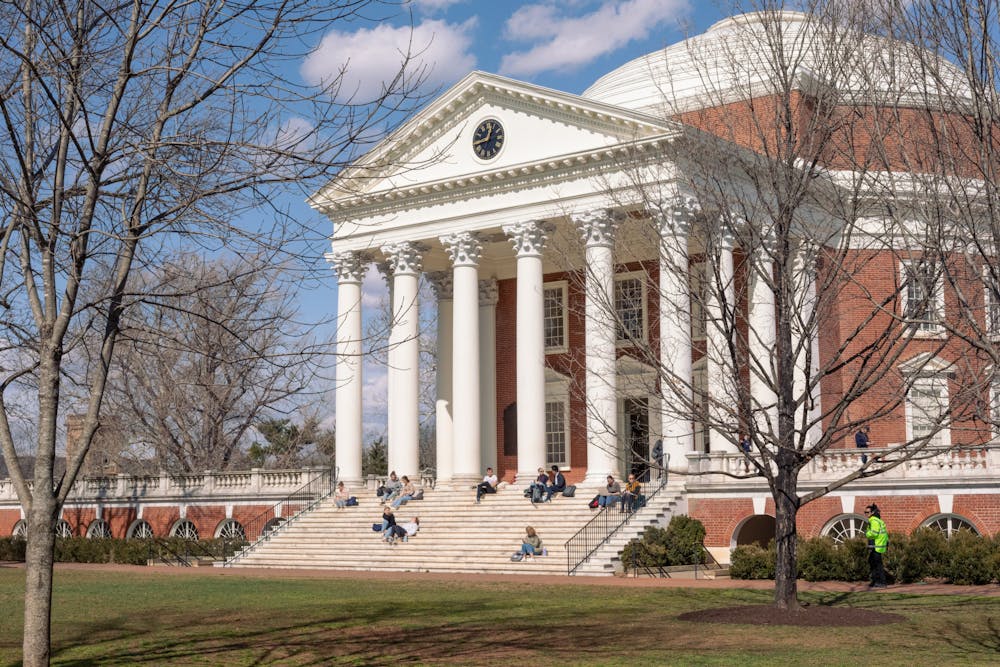Kimberly Jenkins Robinson, U.Va. Law professor and director of the Education Rights Institute, spoke on education access for K-12 students in an event hosted by the Colonnade Club Wednesday. She proposed a federal right to education as a possible solution to the problem of inadequate funding for schools around the United States and within Virginia.
Robinson advocated for a federally established right to education, noting that establishing a national baseline for education adequacy and funding could increase equal access to education.
“It shouldn't matter what their race is, it shouldn't matter what their [socioeconomic status] is, it shouldn't matter if they're in rural areas, or if they’re in cities,” Robinson said. “[Students] should have some kind of baseline beneath them. That is what a federal right to education will be.”
Robinson noted that providing funds for public schools through property taxes is a significant contributor to inadequate funding for schools across the country, advocating for increased federal aid to schools in poorer districts. She added that because property taxes fund schools, the quality of a public school depends on the wealth of the district it is in, which results in unequal funding within the education system.
“Local funding is often raised through property taxes. In places where there are wealthier homes, that's where you raise a lot more money for schools,” Robinson said. “Where there are poorer homes, you raise a lot less. So in many ways, we have baked inequality into our education system.”
Robinson also provided funding data from The Albert Shanker Institute, a think tank focused on education access research, which demonstrated inadequate funding for most schools across the United States.
According to the School Finance Indicators Database, eight states would need over $3000 per pupil in increased funding to sufficiently fund their schools, while another 41 states would also need large numbers of additional funding per pupil. Virginia would require between $500 and $1500 per pupil to provide adequate support, according to statistics from 2020.
Robinson also discussed racial disparities in funding education, noting that there are consistently higher levels of underfunding for minority groups.
“If you look at the lowest funded districts in the country, more than half of African American students are chronically underfunded. 73.7 percent are in below adequate districts, and 40.2 percent are in chronically inadequately funded districts,” Robinson said.
Robinson discussed the 1973 Supreme Court case San Antonio Independent School District v. Rodriguez, which established that education was not a constitutional right. In this case, Rodriguez challenged the funding system that allocated property taxes as the main source of funding for public school districts, but the Court ruled that it would not review the case with strict scrutiny because there was no federal right to education in the Constitution.
Robinson added that while the current Supreme Court is unlikely to address the question of a right to education, Congress could recognize this right by codifying it.
Second-year College student Christoph Schoer said that he enjoyed the event and was interested by the issues Robinson discussed.
“I thought it was fantastic. I really enjoyed it and I learned a lot. I'm interested in the legal side of it. I have a little bit of experience with teaching through tutoring, and I went to public school. So I was curious to hear what she had to say, just based on my experiences doing things related to teaching.” said Schoer.
This event concluded two weeks of the University’s Community MLK Celebration, during which the University and partnered community organizations offered a variety of events to celebrate the legacy of Dr. Martin Luther King Jr. Around 30 students and community members attended this event, hosted by The Colonnade Club, and enjoyed a reception with Robinson after her presentation.







